Today's Monday • 9 mins read
— Reviewed by Dr. Sandip Roy.
Happiness is a state of mind. But the surprising thing is that our happiness depends more on our own actions than on other people or events.
The Dalai Lama XIV says,
“Happiness is not something ready-made. It comes from your own actions.”
Positive psychologists (happiness scientists) fully support it. They identified many ways to increase our happiness. We could easily do some of those daily to reduce stress and feel better.
So, let’s find out how you and I can make happiness happen in our daily lives.
Science’s Top 10 Tips for Everyday Happiness
Don’t be afraid of change. Change can be good, and is often good. The key is to make small changes in your daily routine and stick to them.
Here are ten tips from happiness science to boost your day-to-day well-being:
1. Go into the nature, sunshine, and greenery.
Nature has a powerful impact on our well-being.
Spending time in nature can reduce stress, improve mood, boost our immunity, and improve our physical and emotional well-being.
In 2020, researchers looked at 31 studies with a total of 1842 participants.
- They found that exposure to natural environments can decrease stress levels, lower blood pressure, and reduce anxiety and depression.
- They also found that people who prioritize spirituality and social relationships are more likely to be happy than those who prioritize extrinsic achievements like money, power, and work.

So, spend time in nature. Take a walk in the park, hike in the woods, holiday at a place where raw nature surrounds you, or simply sit outside in the early morning sunshine.
For best results, go with friends.
2. Learn to be more mindful in your day.
Mindfulness means being present in the moment, without judgment or distraction. It’s a powerful way to boost happiness because it helps you become more aware of your thoughts and feelings.
Research shows mindfulness can reduce stress, anxiety, and depression, and improve overall well-being.
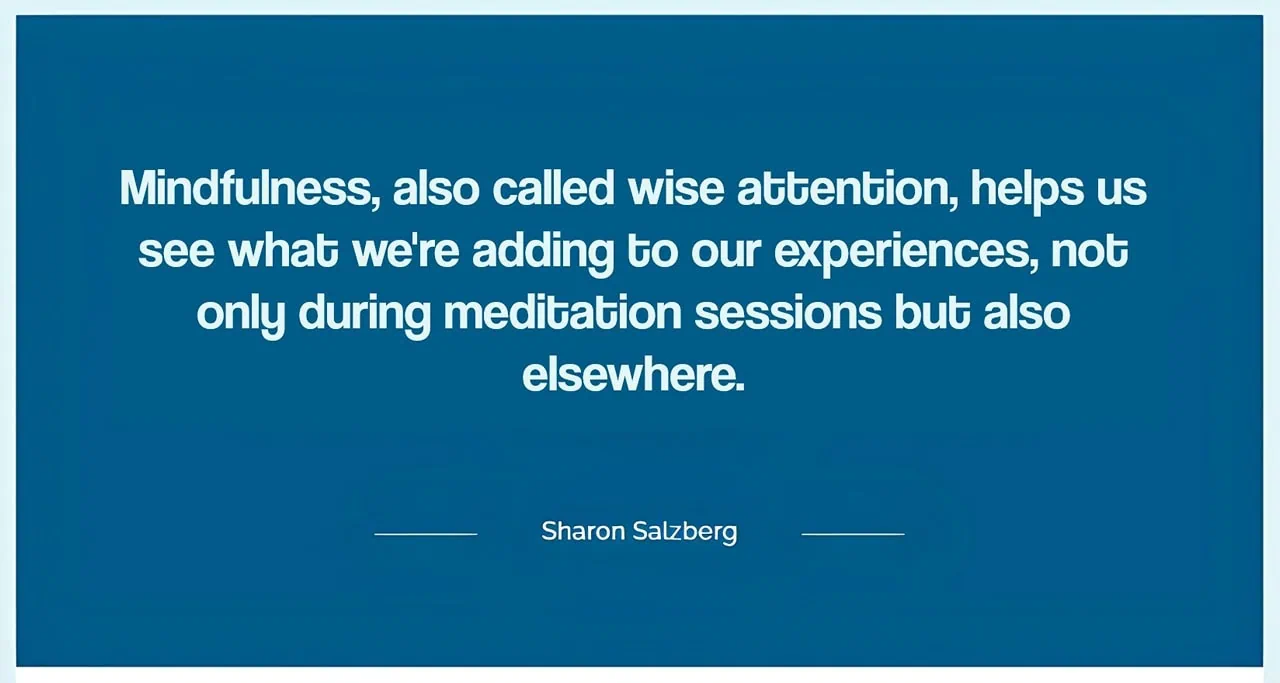
- Start small by taking a few minutes each day to focus on your breath or the sensations in your body.
- Over time, level up your mindfulness game — move on to mindful eating, mindful walking, or 15-minute mindfulness meditation.
3. Spread your attitude of gratitude.
Gratitude is all about appreciating what you have, instead of focusing on what you lack.
Research shows that gratitude can increase happiness, improve relationships, and reduce stress.
One easy way is to start a gratitude journal. Ask yourself each day:
“What 3 good things happened today that I’m thankful for?”
Then write them down.
Doing this every day can help you see the good in life. You start anticipating the happier things, shifting your natural urge to notice and complain about negative things.
4. Exercise daily for a quick happiness boost.
Exercise is great for both physical and mental health, both in the short-term and long-term.
- First, it quickly helps raise your happiness level by releasing endorphins, your body’s “feel-good” hormones.
- Second, just 20 to 30 minutes of aerobic exercise can make you feel calmer and more focused for several hours after.
Exercise is also good for reducing the risk of stress-related illnesses, which account for about 75% and 90% of primary care physician visits.
Research shows that regular exercise can reduce stress, anxiety, and depression, and improve overall well-being.
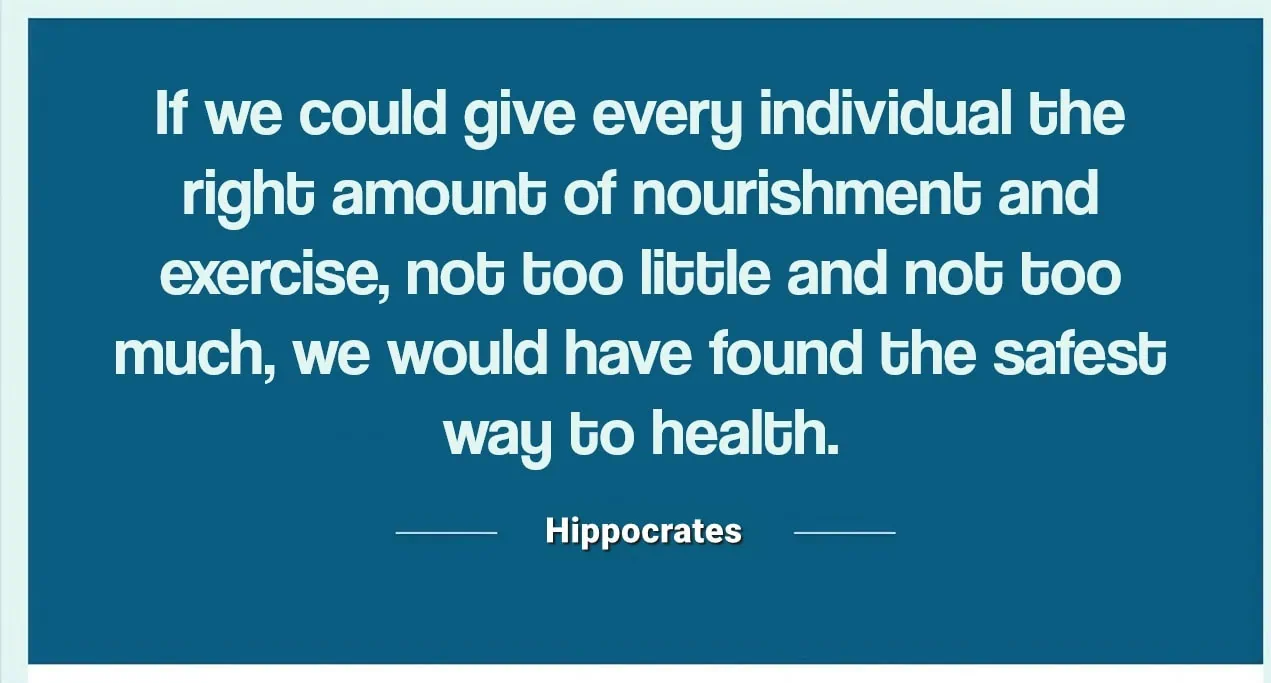
So, exercise as a part of your daily routine, whether it’s a walk, a yoga session, or a workout at the gym.
5. Good happiness is based on good personal values.
Living according to your personal values can lead to greater happiness and well-being.
This study looked at how people felt about these four categories of personal values:
- extrinsic achievements
- social relationships
- physical health
- spirituality
Results showed that
- Those who kept spirituality as the highest priority were the happiest.
- Next came those who valued social relationships like family, friends, and neighbors.
- Those who focused on extrinsic achievements (money, power, education, work, leisure) and health were less likely to be happy.
So, identify your core values and make decisions that align with them.
For example, if making money and keeping neck-deep in work is your core value, then try shifting your value to your social connections. Spend more time with your family, friends, and loved ones — you’ll be happier.
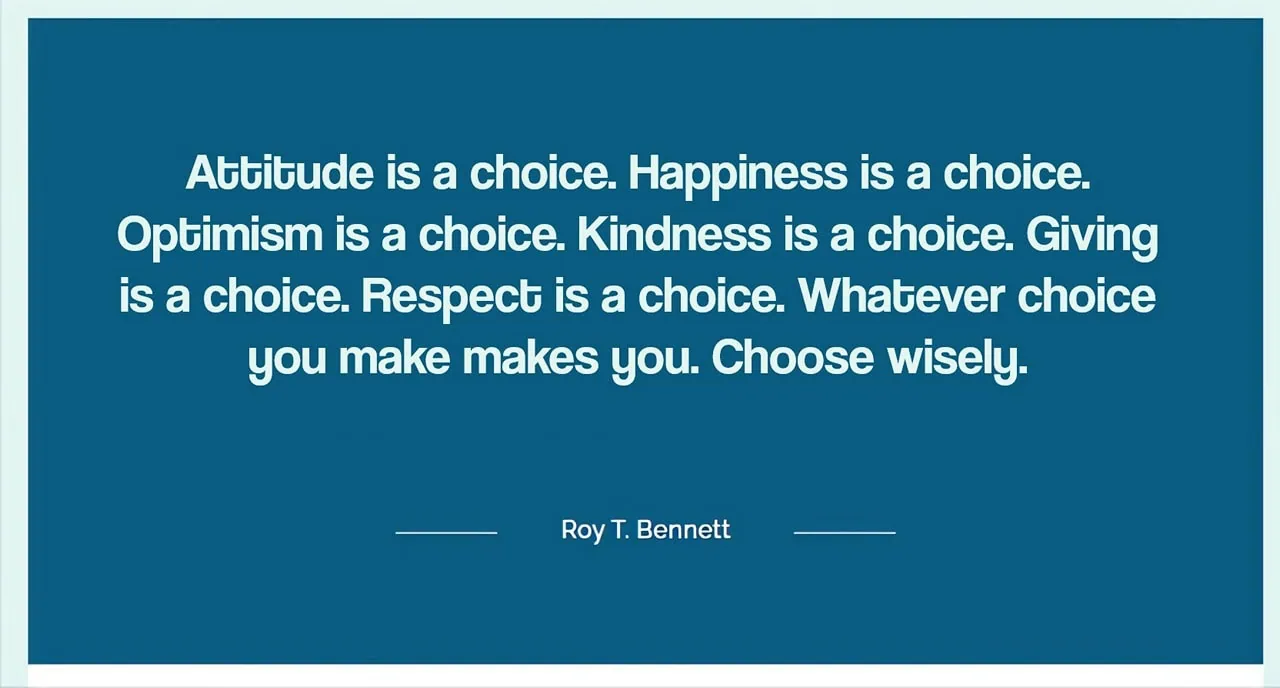
6. Learn emotional management to optimize your happiness.
Emotional management is the ability to regulate your emotions in a healthy way.
People who know how to manage their emotions are generally happier and healthier. They tend to stay calm and make balanced decisions in triggering situations.
Some ways to master emotional control are mindfulness practice, deep breathing, and relaxation techniques.

Surprisingly, even if you imagine having control in a situation, it can actually help you to be in control. A self-affirmation like “I’m in control of my emotions” can tell your mind to act accordingly.
Research proves it. The researchers found that when people believe they have control over their environment, it reduces negative emotions, even if it does not increase positive ones. They wrote:
“Illusions of personal control over environmental outcomes reduced the experience of negative emotions, but did not build positive emotions.”
7. Don’t lose touch with your loved ones.
Humans are social creatures, and social connections are essential for happiness.
Research shows that people with strong social connections are happier, healthier, and live longer.
To secure your sense of emotional support and happiness:
- Maintain your good relationships and build new ones.
- Make time to connect with friends, family, and loved ones.
- Join a club, go on a holiday with a like-minded group, or volunteer in your community.
8. Deal with new challenges and embrace failures.
Challenges and failures are inevitable in life, but how we respond to them affects our happiness.
Research shows that high resilience can raise our happiness. Resilience means finding a way through the adversity and bouncing back even stronger.
Cultivate resilience to find happiness and contentment.
- Stop seeing failure as a setback, view it as a valuable lesson.
- Practice reframing challenges as opportunities for growth and learning.
- Don’t be afraid to take on new challenges, even if you don’t have everything you need. Give yourself the chance to become stronger and wiser.
9. Practice adopting the role of a forgiver.
Forgiveness means letting go of anger and resentment towards others.
Research shows that forgiveness can improve relationships, reduce stress, and increase psychological well-being.
This study found that forgiving someone can reduce negative emotions, increase positive emotions, and give a sense of meaning and purpose in life.
Factors like seeing the offender as spiritually similar, responsibility/karma, blaming, wanting restitution/apology, meditation, and prayer can influence the forgiveness-wellbeing link.
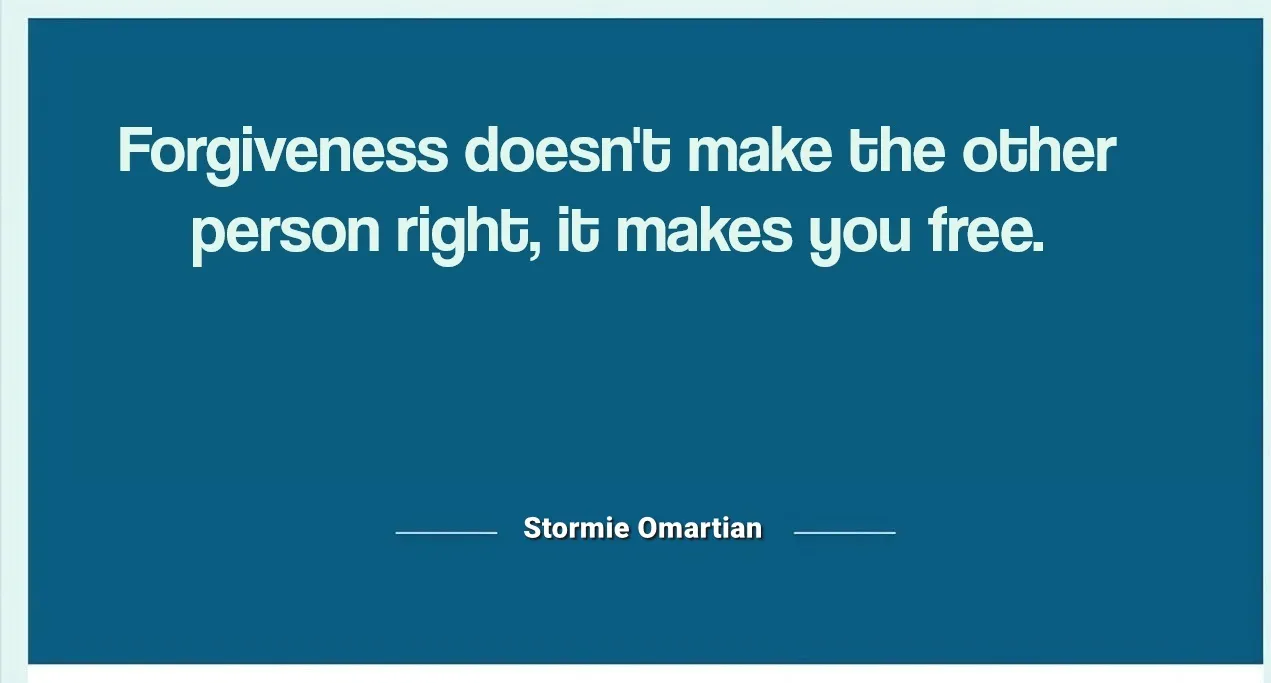
So, practice forgiveness by letting go of grudges and focusing on the positive aspects of your relationships. You’ll have a more peaceful and fulfilling life.
10. Rest and relax to recharge your happiness batteries.
Resting, taking breaks, and letting yourself relax are non-negotiable for happiness.
Researchers surveyed 422 psychologists and found that practicing self-care in five areas—professional support, professional development, life balance, cognitive awareness, and daily balance—can reduce stress and prevent burnout.
So, find time to treat yourself to relaxing activities — a bubble bath, a much-deserved nap, or simply taking a few minutes to breathe deeply.
Proactive self-care can reduce stress, improve mood, and increase productivity. It also helps maintain balance and ensures you stay energized and positive to tackle whatever comes your way.
The Science of Happiness
Positive psychology, commonly known as happiness science, is a branch of psychology that focuses on the study of positive emotions and what makes life worth living.
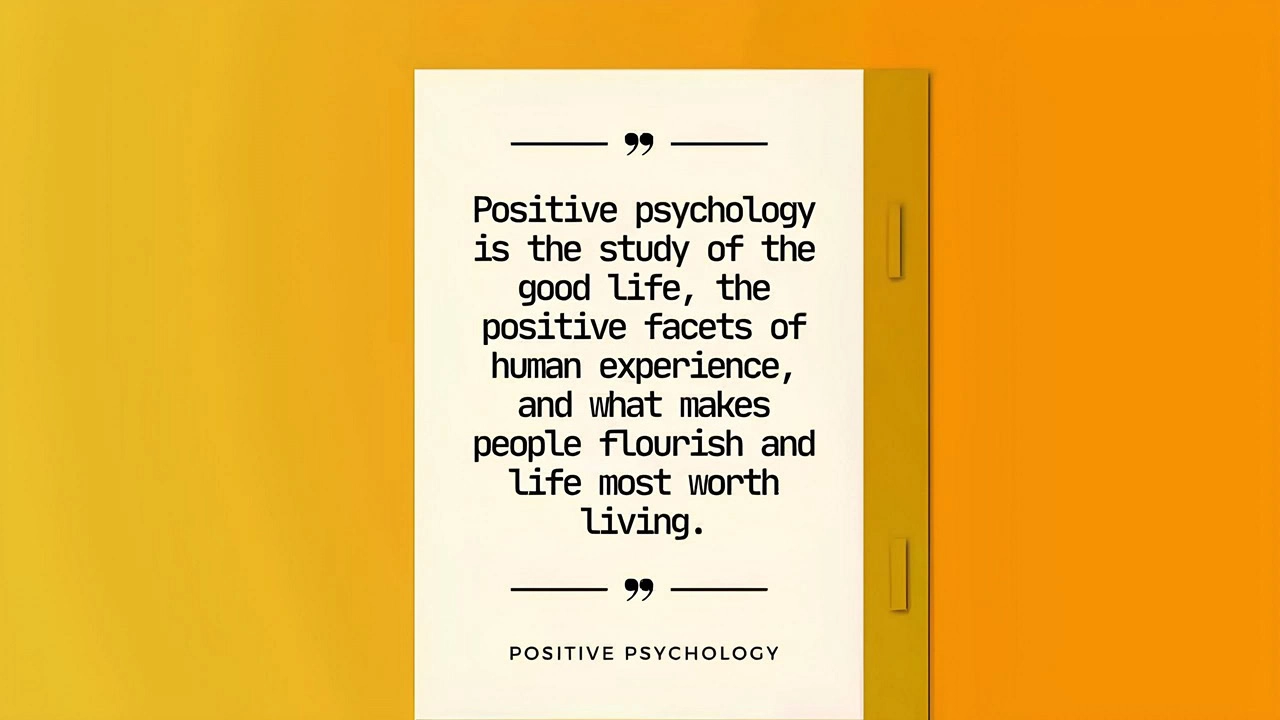
Learning from “The Happiness Project”
Gretchen Rubin, author of “The Happiness Project,” discusses her year-long journey to improve her own happiness and shares insights to help others looking to do the same.
- Be specific about your intentions: Find what brings you joy and what causes negative emotions in your life. Focus on adding more positive elements, such as love, fun, enthusiasm, and engagement, while eliminating sources of irritation, anger, resentment, boredom, or guilt.
- Make resolutions for your happiness project: Start with simple resolutions that can have a great impact on your happiness. Like, take a few minutes each day to reflect on the things you are grateful for, make an effort to connect with friends and family on a regular basis, take a few minutes each day to practice mindfulness, such as deep breathing or meditation, and allot time for activities that you enjoy, such as reading, painting, or playing music.
- Start your own happiness project: Dedicate time and effort to your own happiness project. Reflect on what you want from life and take steps to prioritize your happiness.
Read 10 Greatest Happiness Hacks From Positive Psychology.
How To Be Happy Alone
To feel happy alone, change your mindset and start:
- Finding joy and not missing anything when you are self-partnered.
- Developing a sense of self-sufficiency—feeling complete in your own company.
- Understanding that being single is a valid and fulfilling lifestyle choice, and enjoying the freedom that comes with it is not wrong.
This study followed 3,439 people over 10 years and found that single individuals are generally satisfied with their singlehood and life. Their singlehood satisfaction declined over time, but so did their life satisfaction.
So, embrace your singlehood.
Final Words
Happiness is a journey, not a destination. Take time to enjoy the journey, instead of getting anxious to reach your destination.
• • •
√ Also Read:
- 10 Secret Happiness Hacks: Proven By Science
- Marcus Aurelius On Happiness & Having A Happy Life
- Arrival Fallacy: Why Achieving Goals Doesn’t Make You Happy
- How To Be Financially Happy (7 Habits Of The Happy+Rich)
- How Does Food Make You Happy (Happiest Foods List)
√ Please spread the word if you found this helpful.
• Our Story!
